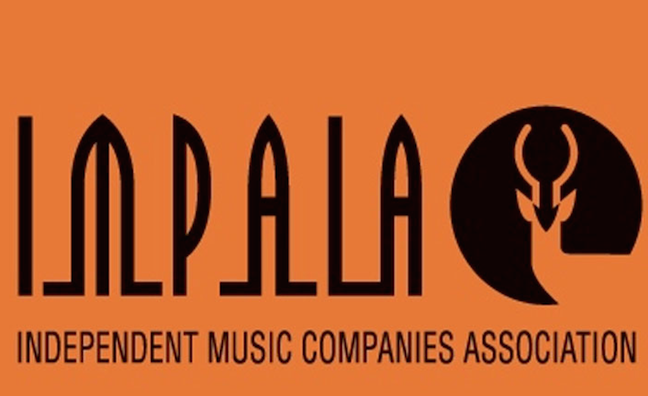Amid heavy lobbying from both sides ahead of today’s (June 20) vote on the JURI committee of the European Parliament, the EU copyright reform measures have been passed and will now go to MEPs for ratification.
Article 13 of the Copyright Directive would require filtering to prevent copyright infringement or full licences. Rights holders are hopeful the EU legislation will fix the so-called value gap surrounding user-generated content on video streaming sites such as YouTube.
IMPALA’s executive chair Helen Smith said: “This is a strong and unambiguous message sent by the European Parliament. It clarifies what the music sector has been saying for years: if you are in the business of distributing music or other creative works, you need a licence, clear and simple. It's time for the digital market to catch up with progress."
The trade body for the European indie sector joined with industry organisations including CISAC, PRS For Music and the IFPI in campaigning for the reforms. UMG artist Imelda May was among those in Brussels lobbying for change ahead of the vote.
CISAC director-general Gadi Oron welcomed the vote, which he said would "bring more fairness to the creative community in the digital market".
"This is an important step forward not just for creators in Europe but all around the world," he said. "We encourage the European Parliament to endorse JURI's proposal at the plenary vote and set an example to governments internationally by building a fairer internet for creators."
The legislative process was led by German MEP Axel Voss, who faced opposition from proponents of the open internet who feared a threat to free speech. The report was adopted with 14 in favour, nine opposed and two abstentions.
“Today’s vote is a great rebuttal to the relentless scare-mongering and misleading statements made by astro-turf organisations working for some tech giants trying to preserve the status quo,” said Smith. “Parliamentarians were able to keep a cool head.”
The measures will now go before a full vote of the European Parliament and could still face a challenge from opponents.
Smith added: “The EU has made a leap forward and it now has to convert a try. This is part of a wider effort to make online platforms more accountable, where the EU is leading the way. The eyes of the world are on Europe to set a new standard for creators online. This is about ensuring artists and fans can still enjoy the unique relationship that online platforms facilitate.”











